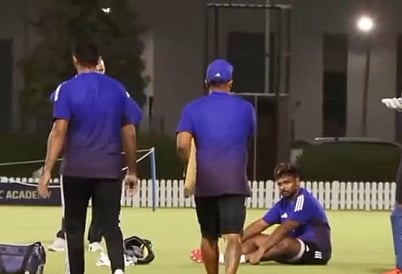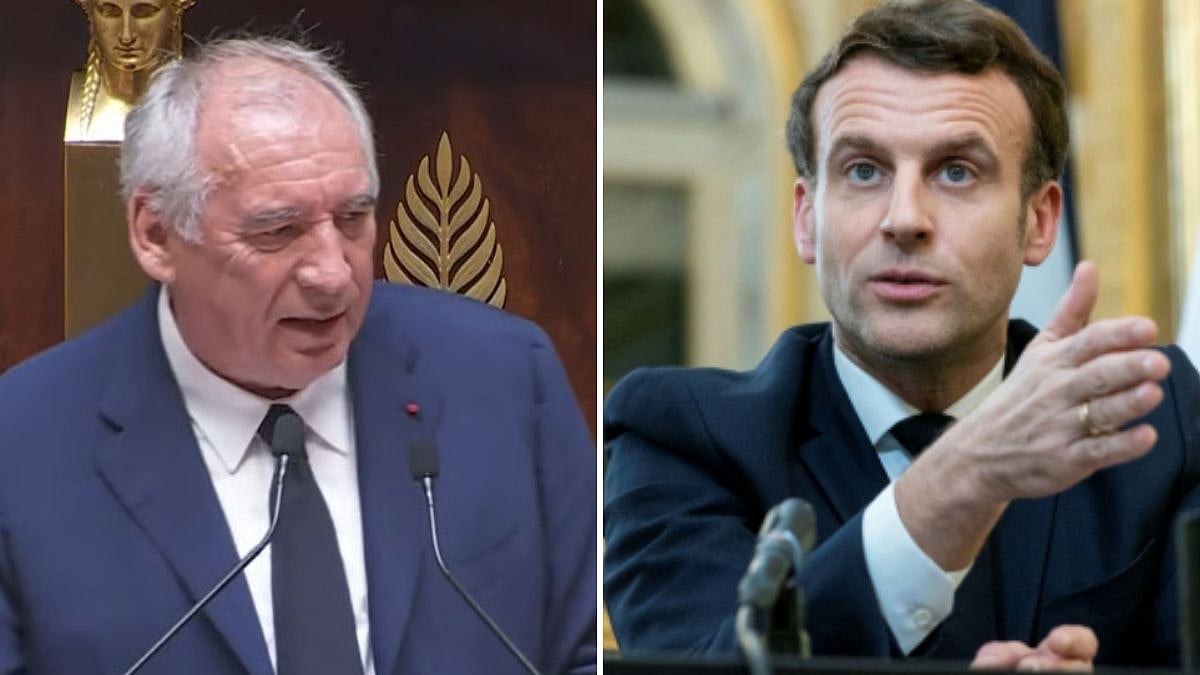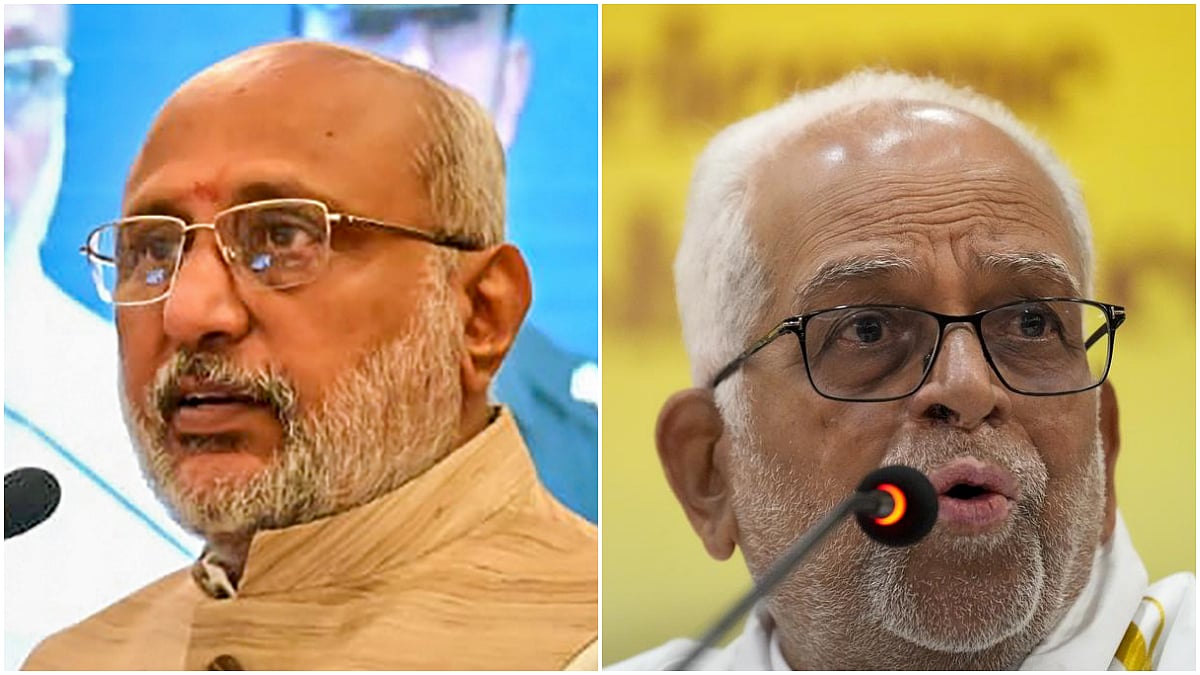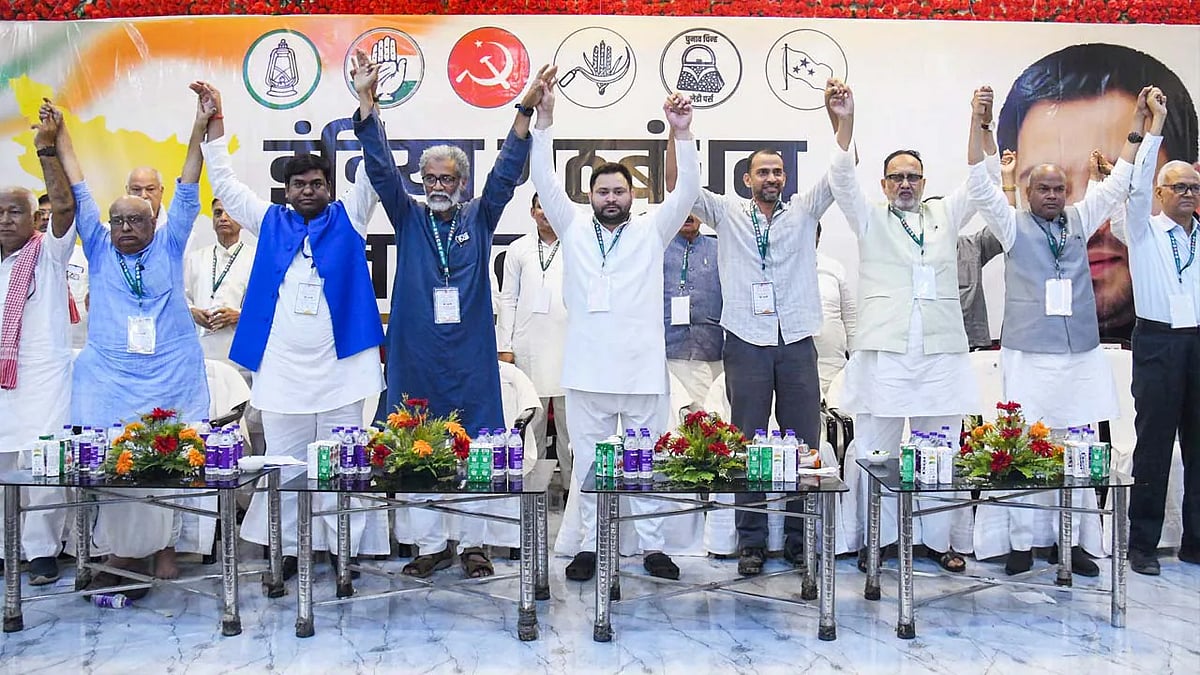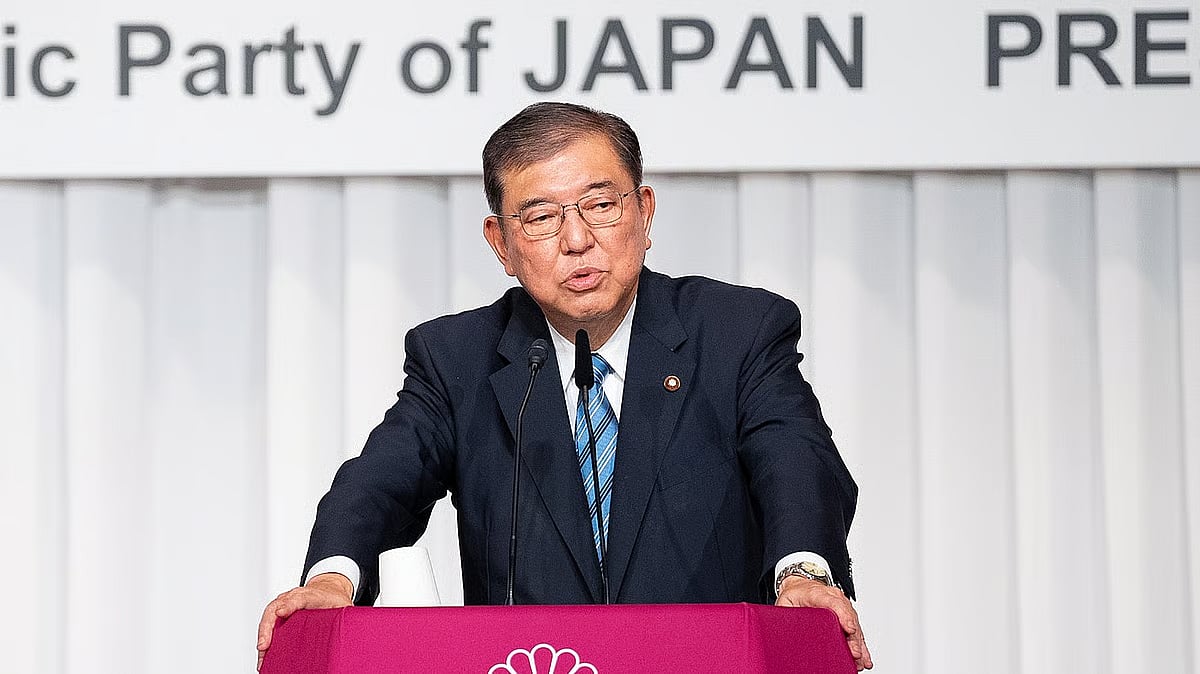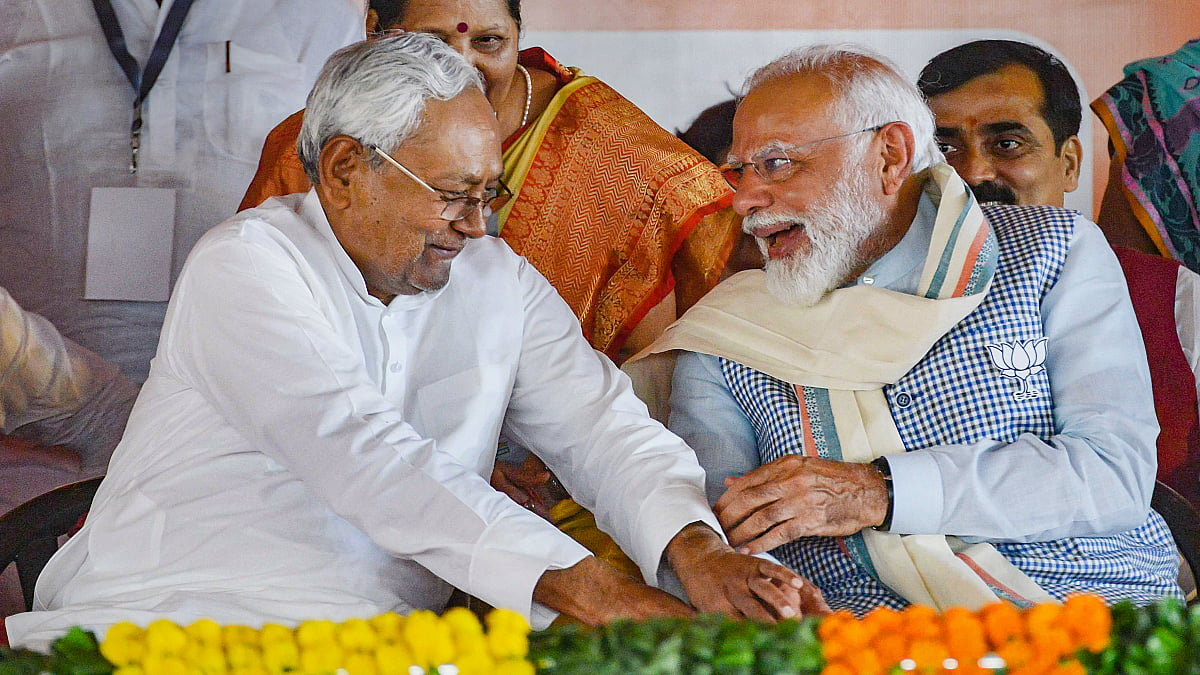Recently, former deputy CM of Delhi Manish Sisodia decided to approach the Supreme Court invoking its jurisdiction under Article 32 of the Constitution after his arrest by the CBI in the Delhi Excise Policy Case. The SC after hearing his plea observed that since he has efficacious alternate remedies available under the CrPC it was not inclined to entertain his petition.
This ruling of has once again ignited raised a debate whether the SC by discouraging the petition under Article 32 is depriving the parties of their fundamental right to the constitutional remedies guaranteed under the aforesaid Article and is it genuinely, a right for all or for only a set of favoured few.
Right of personal liberty and individual freedom is one of the most cherished fundamental rights guaranteed to the individual by the Constitution and Supreme Court while exercising its jurisdiction under Article 32 has acted as its protector and guarantor. The fundamental right of personal liberty of an individual stand at a higher pedestal and the Courts have been swift to remedy the instances resulting in encroachment of an individual's right of personal liberty. The Court’s approach while dealing with matters concerning individual’s freedom can be best expressed in the words of Lord Denning: “Whenever one of King’s judges takes his seat, there is one application which by long tradition has priority over all others. Counsel has but to say “My Lord, I have an application which concerns the liberty of the subject’ and forthwith the judge will put all other matters aside and hear it. It may be an application for writ of habeas corpus or an application for bail, but, whatever, form it takes, it is heard first”
Dr BR Ambedkar in one of the debates of the Constituent Assembly of India while emphasising on the importance of Article 32 has once said that if there is an article without which this Constitution would be a nullity, it is Article 32 is the very soul of the constitution which affirms the right of an individual to move the SC for enforcement of fundamental rights and forms the basic structure of the Constitution and cannot be amended.
Article 32 of the Indian Constitution is a constitutionally guaranteed right to enforce fundamental rights of an individual by the SC and it cannot be undermined by principles of alternative remedy in the High Court. Failure to exercise jurisdiction will result in abdication of the Court’s constitutional duty and especially when the breach in question is a loss of personal liberty, the gravest possible consequence emanating under criminal law. However, over the years, there has been a worrying debate as to whether one of the keys to the Constitution’s enforcement – Article 32 – is getting diluted. In case of violation of fundamental rights, is an aggrieved person barred from knocking the doors of the SC owing to alternative remedies? Do such Petitions deserve to be dismissed in limine only as a consequence of the presence of other remedies? The Constitutional Bench of the Supreme Court in Romesh Thapar v State of Madras, 1950 SCC 436 while dealing with the challenge to section 9(1-A) of the Madras Maintenance of Public Order Act, 1949 observed that Article 32 provides a “guaranteed” remedy for the enforcement of fundamental rights, and the resort to Article 32 is itself a fundamental right in Part III.
When an objection was raised as to the maintainability of the Petition on account of availability of alternative remedies, the apex court held that it is the protector and guarantor of fundamental rights, and it cannot, consistently with the responsibility so laid upon it, refuse to entertain applications seeking protection against infringements of such rights. The fundamental rights guaranteed under the Constitution of India and in particular Articles 19 and 21 of the Constitution of India are non-negotiable.
One cannot overlook the gradual shift in the approach of the Supreme Court while entertaining Article 32 Petitions. The Supreme Court has in Arnab Goswami v UOI 2020 14 SCC 12 held that Article 32 petitions cannot be held to be not maintainable simply when the petitioner has an efficacious remedy, however, the same may not be entertained by the Supreme Court as a matter of routine, other than when exceptional circumstances are made out. Following this ratio, the Supreme Court went a step ahead in Amish Devgan v Union of India & Ors, 2021 1 SCC 1 and held that in the absence of exceptional circumstances, writ petitions before the Supreme Court under article 32 is not the appropriate forum for quashment of FIRs. But, the Supreme Court may grant interim reliefs to the Petitioner without going into the questions of fact.
Inconsistency in the approach of the Supreme Court is apparent when the ratio of the judgment in the matter of Arnab Goswami was diluted in the case of another journalist, ie Vinod Dua in the case of Vinod Dua v Union of India and Others 2021 SCC OnLine SC 414. This judgement after considering the decision in the matter of Arnab Goswami and Amish Devgan (supra) on the contention that the Supreme Court can entertain an Article 32 Petition only on exceptional grounds observed that there were several judgements of the Supreme Court wherein the Supreme Court was pleased to quash the FIRs in the absence of exceptional circumstances [Vijay Shekhar v. Union of India (2004) 4 SCC 666; Rini Johar v. State of Madhya Pradesh (2016) 11 SCC 703; Monica Kumar v. State of Uttar Pradesh (2017) 16 SCC 169; Priya Prakash Varrier v. State of Telangana (2019) 12 SCC 432; Laxmibai Chandaragi B. v. State of Karnataka (2021) 3 SCC 360] and where no such differentiation was carved out by the apex court. Accordingly, the apex court was pleased to quash the FIR against Vinod Dua after reaching the conclusion that the offences set out in the FIR were not made out. Therefore, the test of exceptional circumstances was not applied in the case of Vinod Dua.
In the backdrop of personal liberty, it is necessary to highlight the observations of the Supreme Court in UOI v Paul Manickam & Anr 2003 8 SCC 342 wherein it was held that in order to invoke the jurisdiction under Article 32, the Petitioner ought to show as to why the High Court has not been approached, could not be approached or it is futile to approach. In other words, the Supreme Court spelt out that a detenu is bound to approach the concerned High Courts in any habeas corpus petition and the detenu can approach the Supreme Court only after citing sufficient reasons.
Conclusion
Right from 1950s, the Supreme Court has been liberal in granting reliefs exercising its Article 32 jurisdiction when the Petitioner establishes infringement of fundamental right. However, over the years, there has been a change in the approach of Supreme Court and it has started to discourage Petitions filed under Article 32 by directing the litigant to approach the concerned court under whose jurisdiction the order of detention has been passed. Resultantly, Supreme Court’s contrasting views on the Petitions under Article 32 are unfortunately perceived as a selective remedy for a favored few. The practice of directing the litigant to approach High Court first in cases of violation of fundamental rights is a self-imposed discipline by the Supreme Court but the want of consistency in the orders, specifically in cases of violation of personal liberty has questioned the credibility of the institution leading to the erosion of public trust.
Mantul Bajpai and Priyam Sharma are practising advocates



